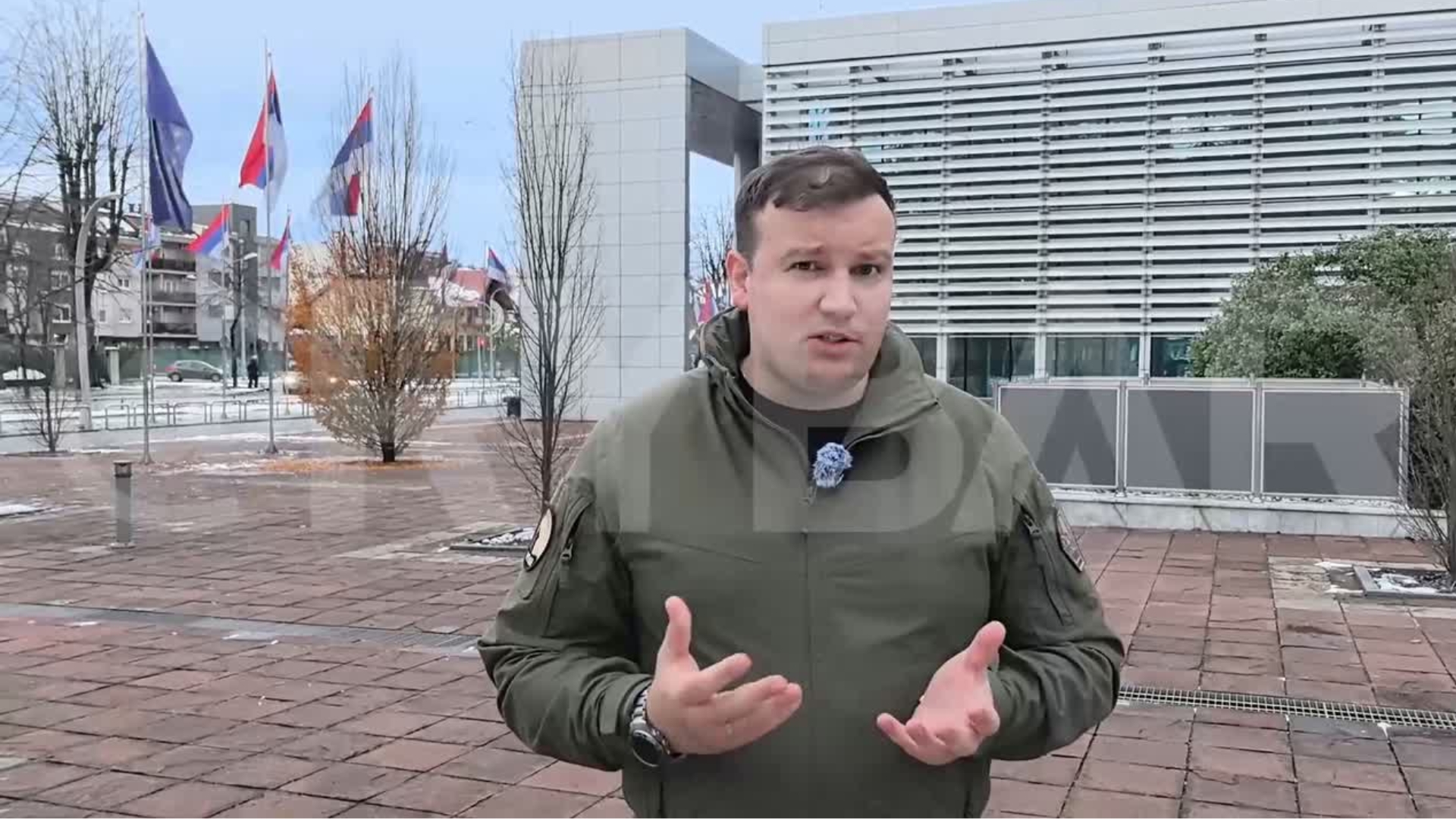This post is also available in: Bosnian
In its budget for this year, the Ministry of Veterans’ Affairs of Sarajevo Canton has allocated 450,000 Bosnian marks (230,000 euros) to assist in paying war crimes defendants’ lawyers, while 250,000 Bosnian marks (128,000 euros) has been set aside for financing non-governmental organisations involved in projects providing legal assistance to accused ex-soldiers of the Army of Bosnia and Herzegovina and former officers of the Ministry of Internal Affairs of Bosnia and Herzegovina.
The Ministry of Veterans’ Affairs told BIRN that the allocation of a total of around 358,000 euros to assist defendants did not mean that Sarajevo Canton justified crimes committed by members of the armed forces.
“We consider that everyone should be tried for their actions, but we want to help the accused and their families to defend themselves from accusations in a dignified manner and prevent revisions and distortion of historical facts about the aggression against Bosnia and Herzegovina, which was also established by the Hague Tribunal,” the ministry said.
Lawyers dealing with war crime cases before the Bosnian state court said that the money was needed and welcomed the decision by the authorities in Sarajevo Canton, which is one of 10 cantons that make up the country’s Bosniak- and Croat-dominated Federation entity.
Vasvija Vidovic, a lawyer who has represented former Bosnian Army soldiers at the International Criminal Tribunal for the Former Yugoslavia and the Bosnian state court, argued that defendants find themselves difficult financial situations because trials are long-running and very expensive.
“Hardly anyone, even if they are in a good financial situation, would have enough money to pay for the defence,” Vidovic said.
She also argued that Croatia, Serbia and Bosnia’s Serb-dominated Republika Srpska entity had been allocating resources for the defence of their citizens at war crimes trials for years.
“Of course the state should help as it can,” Vidovic said.
During the trials of former Bosnian Serb political and military leaders Radovan Karadzic and Ratko Mladic, the government of Republika Srpska allocated around 5,100 euros per year for their defence, while Serbia and Croatia also partially financed the defence of some of their war crimes suspects.
Former judge Vehid Sehic, of the Forum of Tuzla Citizens, said that he also sees nothing wrong with Sarajevo Canton’s decision to assist war crime defendants, given that Croatia, Serbia and Republika Srpska have done the same.
“Helping them is a humane act. Now, the amounts and cases to which it should be applied should be regulated under certain decisions by both legislative and executive powers, because we can see that proceedings last a very long time,” Sehic said.
But Aleksandra Letic of the Helsinki Committee for Human Rights in Republika Srpska entity argued that decision is disputable because the financial aid is only intended for former soldiers of the Bosniak-led Army of Bosnia and Herzegovina. She also said that the money could be better spent on more socially-necessary projects.
“It should definitely be reconsidered. There are a series of other activities which governments should support financially. At this moment, citizens need those activities much more than the defence or legal representation of people who were members of certain military formations,” Letic said.
50 suspects on trial
The Ministry for Veterans’ Affairs said that around 289,000 euros was also allocated in the 2018 budget and spent on 41 individuals who were on trial for war crimes.
In 2017 and 2018, further financial assistance was offered through foundations registered for the purpose of offering legal aid and other types of assistance to former soldiers of the Armed Forces of Bosnia and Herzegovina suspected or accused in war crime cases and their family members. In 2017, 138,000 euros was allocated for this purpose, and around 128,000 euros in 2018.
The Ministry that said that the number of beneficiaries and the level of the financial assistance depended on the number of requests received, as well as the scope of the indictment, and whether the specific case referred to command or personal responsibility for crimes, as well as the defendant’s financial status.
Proceedings against more than 50 former soldiers of the Army of Bosnia and Herzegovina and former officers of the Ministry of Internal Affairs of Bosnia and Herzegovina, including former generals and commanders like Atif Dudakovic, Ramiz Drekovic, Ahmet Sejdic, Sakib Mahmuljin, Himzo Selimovic and Dragan Vikic, are currently underway at the state court in Sarajevo.
The Ministry said that the allocation of financial aid was important due to “the increasing number of indictments” against former Bosnian Army troops and Bosniak police officers.
It claimed that judicial officials were making an “obvious effort to make a balance” between the number of charges filed against Bosniaks and Serbs by indicting Bosniaks for smaller-scale crimes.
As an example, the Ministry said that an indictment against former general Ramiz Drekovic was filed last year for a shelling that resulted in one death, but no indictments have ever been filed to the Bosnian state court for the long-term shelling of Sarajevo by Bosnian Serb forces.
Last year 24 indictments were confirmed by the state court, charging 92 individuals with wartime crimes. More than 50 of them were ex-soldiers of the Army of Bosnia and Herzegovina or former officers of the Ministry of Internal Affairs of Bosnia and Herzegovina.

